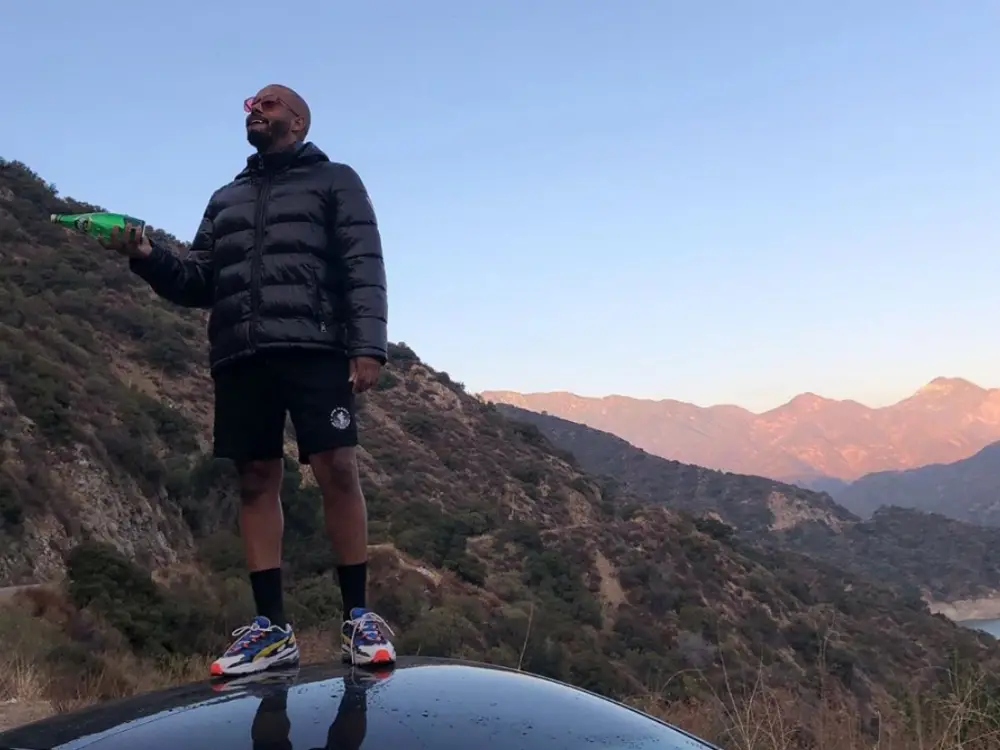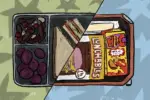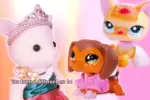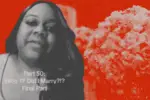People often attach labels such as ”real” or “serious” to creative outlets like music, movies or art. But what is the criteria for these labels and how do they impact how they are received by the public? One might remember The Lonely Island’s music back in the late 2000s, whose only reason for existing was to make parodic songs that poked fun at the “serious” music of the time.
Generation Z’s open-minded attitude and their tendency to make self-deprecating and self-aware jokes without taking themselves too seriously has made way for a rebirth of less-serious music. Meme music has risen up among the younger generation and they have given it the right to exist as a “real” and “serious” genre among all the others.
In recent years, niche styles of memes have increasingly become expressed in the form of video or song. This can be attributed to the rise of platforms like Vine, which allowed users to create short six-second videos. Many comedic vines started trends of repeating certain relatable phrases or using snippets of existing songs as punchlines.
Even after Vine’s extinction, phantoms of its influence still remain on popular platforms like TikTok — an app that allows for even longer video post lengths. And these types of platforms have paved the way for the emergence of meme songs.
Why Is “Meme Music” Popular?
Before we can understand why meme music is so popular, we need to understand what exactly makes meme music different from “real” music. Meme songs are essentially everything that “serious” songs aren’t. Often the lyrics are what distinguish the two the most. The composition of the instrumental backing track generally just sounds like any other song on the radio. In fact, the beat is part of the reason why these songs are likely to be accepted as “real.” If you fail to decode the lyrics, it sounds like anything else that’s popular these days. They are generally characterized by self-aware, funny, self-deprecating and relatable lines. Meme songs tend to sound the same as other popular songs, but they also tend to stand out lyrically. Essentially, the formula is more or less a combination of a good beat and relatable and/or self-aware lyrics.
In June 2019, comedian Zack Fox created a song as a joke and described it as “meaningless” and “terrible.” That song later became No. 1 on Spotify’s U.S. Viral 50 for more than a week and currently has 20 million Spotify streams. “Jesus Is The One (I Got Depression)” was created for an episode of producer Kenny Beat’s YouTube show, “The Cave.” The show involves the producer creating a beat on the spot while professional rappers freestyle over the final product. Some previous guests include Rico Nasty, Doja Cat and Vince Staples.
Kenny Beats told Genius that having Fox as a guest on the show was a complete joke, but now it is his show’s most watched episode and one of his most popular songs. Beats credits a viral video for the song’s success stating, “This was just supposed to be a joke for our friends and then we put it on the internet and now it’s like this song is bigger than all the serious s— I’m working on. It’s TikTok’s fault. It’s Zack’s fault.”
Fox admits to intentionally making the song bad, but the fact that it went viral anyway is quite common in the music industry today. In an age where rappers brag about how much money they have, how many girls they can get or just about any possible source of clout, songs like “Jesus Is the One (I Got Depression)” are refreshing. Fox asked Rolling Stone, “Is it that people want something this meaningless, or is it that everything is already so meaningless that this fits right in?”
Some of Fox’s lyrics are the best examples of how meme songs portray a rawness and level of self-awareness that is not characteristically present in today’s mainstream pop and hip-hop music. And this is why it works. Maybe what people want the most currently are lyrics that poke fun at artists who commonly brag about repetitive topics. The best thing about Fox’s satirical track is that you can enjoy it even if you are someone who typically enjoys the kind of music he’s trying to make fun of.
Fox is just one example of this phenomena, but he’s not the only one. Lil Nas X is another artist who broke the rules of “serious” music to create his meme country-trap hit, “Old Town Road,” which after its success on TikTok, later broke the world record for longest running No. 1 on the Billboard Hot 100. The song’s entire concept coupled with its cowboy-influenced rap lyrics and country guitar trap beat is a meme in itself.
Many other artists like Lil Dicky and Yung Gravy have made a career of blurring the lines between meme and “real” music. One of Lil Dicky’s most popular songs, “$ave Dat Money,” focuses entirely on the ways Dicky, in contrast to other rappers, tries to save money.
The Role of Social Media
Not only do the catchy and relatable elements of these songs make them popular, but they are often used on platforms like TikTok for their comedic punchline potential or danceability. The rise of meme music as a popular genre is important because it shows just how much unconventionality appeals to the younger generation. What can perhaps be argued to not be “real” music has increasingly become so prevalent that it has broken records. It seems that maybe music is headed towards a trajectory that may include more self-aware and relatable content.

















